Coca-Cola introduces recyclable paperboard rings on its multi-packs
31 Aug 2020As a result of its effort to remove all unnecessary hard to recycle plastic from its portfolio in Western Europe, Coca-Cola is introducing a paperboard packaging alternative called CanCollar in Spain.
The sustainably-sourced paperboard packaging that is Programme for the Endorsement of Forest Certification-certified contains no glue or adhesives and will debut in the Balearic Islands this November.
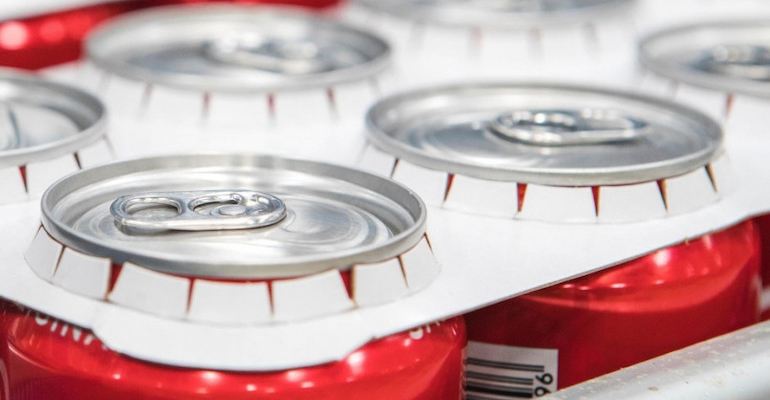
Joe Franses, the vice president of sustainability with Coca-Cola European Partners, the soda giant’s bottling partner said, “By the end of 2020, we will have removed more than 4,000 tons of hard-to-recycle plastic from our secondary packaging in Western Europe.” Coca-Cola European Partners is working in partnership with the beverage manufacturer on this initiative and invested €2.6 million into its Barcelona plant to install the requisite machinery to enable the packaging of cans with this new technology.
Coca-Cola has committed to omitting 11,000 tons of virgin plastic per year from its portfolio in the region. This CanCollar solution will replace the current Hi-cone packaging and save more than 18 tons of plastic annually, according to the Atlanta-based corporation.
Sustainable packaging has become a focus for many companies globally as consumers search for more environmentally-minded corporations to support with their wallets. In response, major food companies, including Nestlé, PepsiCo, Unilever, Mars, Coca-Cola, Mondelez and Danone have committed to reimagining their packaging to be more sustainable. Although the promises are inked on paper, many corporations have found it difficult to devise sustainable solutions that are able to withstand temperature shifts and transportation to keep food fresh. One of the few avenues that companies have found ready success is in bottle packaging.
Danish brewing company Carlsberg scrapped its plastic rings in favor of binding its cans together using a glue. The company said that this will reduce the amount of plastic used by 76%. Since then, the company has invested in prototype technology that would allow the brewery to bottle its beer in a sustainable, bio-based, fully recyclable bottle.
Nestlé too has put its money where its mouth is when it comes to beverages when it announced early this year that it planned to spend 2 billion Swiss francs ($2.1 billion) to shift away from virgin plastic to food-grade recycled plastic alternatives. Additionally, the Swiss conglomerate announced it would start a 250 million Swiss francs ($260 million) venture fund to invest in start-ups focusing on sustainable packaging.
In July, Frugalpac, a British sustainable packaging company launched the first wine bottle made from 94% recycled paperboard. The Italian vineyard Cantina Goccia will be the first company to use this packaging solution.
Switching to a more sustainable form of packaging is not only a way for companies to acknowledge their consumers – nearly half of which in the U.S. are likely to alter their shopping choices to buy what meets environmental standards, according to a 2018 survey from Nielsen – but it is also beneficial for corporations’ bottom lines. Package waste represents an annual loss of $80 billion to $120 billion for the global economy, according to the World Economic Forum. Cleaning up packaging portfolios will represent a large savings for these companies that are scrambling as the pandemic continues to upend the food and beverage industry.
Related news
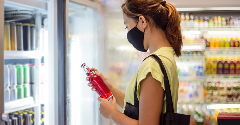
Asian beverage brands deal with rising costs
4 Jan 2023
Decreasing bottle sizes or increasing prices? Asian beverage brands are finding “creative approaches” to manage rising costs, according to industry analysts.
Read more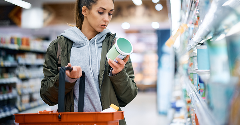
Value-seeking US consumers cut back on food spending
2 Jan 2023
Cheaper items, smaller sizes, and shorter grocery lists: inflationary effects coupled with a global long-term recession are set to continue shaping food spending habits, according to a recent Rabobank report.
Read more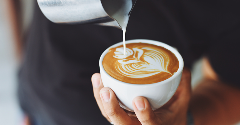
Opportunities grow for lower-caffeine coffee
23 Dec 2022
Many consumers want the mental focus of caffeine without the jitters, prompting a wave of product development such as “half caffeine” ground coffee or ready-to-drink (RTD) cold brew blended with relaxing botanicals.
Read more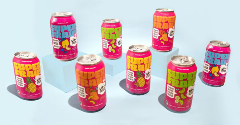
Superfrau upcycles liquid whey for energy drinks
22 Dec 2022
US company Superfrau turns surplus whey into sustainable, upcycled-certified dairy products for the recovery drinks market.
Read more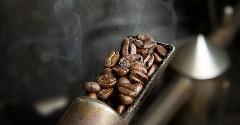
Swedish food agency: One in 10 coffee brands contain excess acrylamide
7 Dec 2022
New findings from the Swedish Food Agency have revealed three of 29 coffee products sampled contained acrylamide above limits, reinforcing the link between levels and degree of roasting.
Read more
Editor’s choice: Our roundup of the latest women’s health products around the world
2 Dec 2022
From botanicals to combat menopause symptoms to a hydration powder for mothers-to-be, here is our roundup of the most innovative new product launches within women’s health.
Read more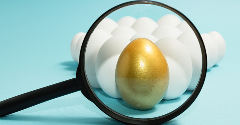
The prize no brand wants to win: 2022’s most misleading products
28 Nov 2022
Food industry watchdog Foodwatch is asking consumers to vote for 2022’s most misleading product. A high-sugar vitamin water and “artisan” salad made with artificial additives are among the nominees.
Read more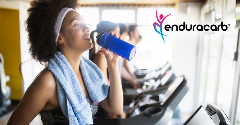
enduracarb®: A science-backed trehalose ingredient for athletic endurance
24 Nov 2022
enduracarb® is a science-backed, slow-acting carbohydrate that can power athletes’ performance. Produced using a high-purity production process, it is suitable for a wide variety of applications.
Read more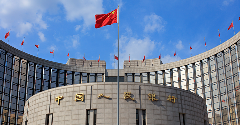
China bans celebrity endorsement of health and formula foods
22 Nov 2022
China is to ban celebrity endorsement or advertising of certain products, completely banning high profile figures with “lapsed morals” as the country attempts to drive society towards “core socialist values”.
Read more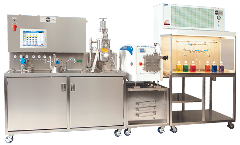
MicroThermics’ Formulators Guide to Process Selection for Plant-Based Beverages
15 Nov 2022
Plant-based beverages & products are mainstream! Come to FIE booth 4D122 & read our whitepaper to see how processing in the lab at commercial HTST & UHT conditions gets you to market faster for less!
Read more